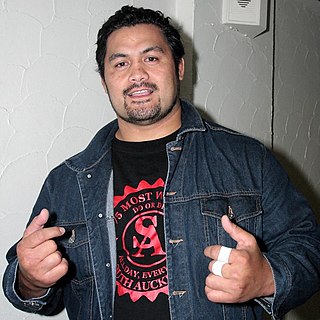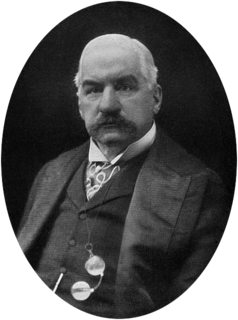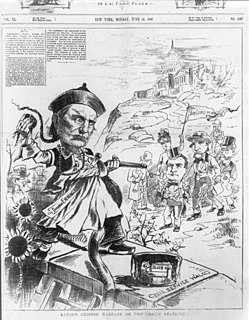A Quote by David Hockney
I avoid the public because the English public is too aggressive these days for me.
Quote Topics
Related Quotes
Don't talk to me about appealing to the public. I am done with the public, for the present anyway. The public reads the headlines and that is all. The story itself is fair and shows the facts. That would be all right if the public read the facts. But it does not. It reads the headlines and listens to the demagogues and that's the stuff public opinion is made of.
To attach full confidence to an institution of this nature, it appears to be an essential ingredient in its structure, that it shall be under private and not a public direction-under the guidance of individual interest, not of public policy; which, would be . . . liable to being too much influenced by public necessity.





































